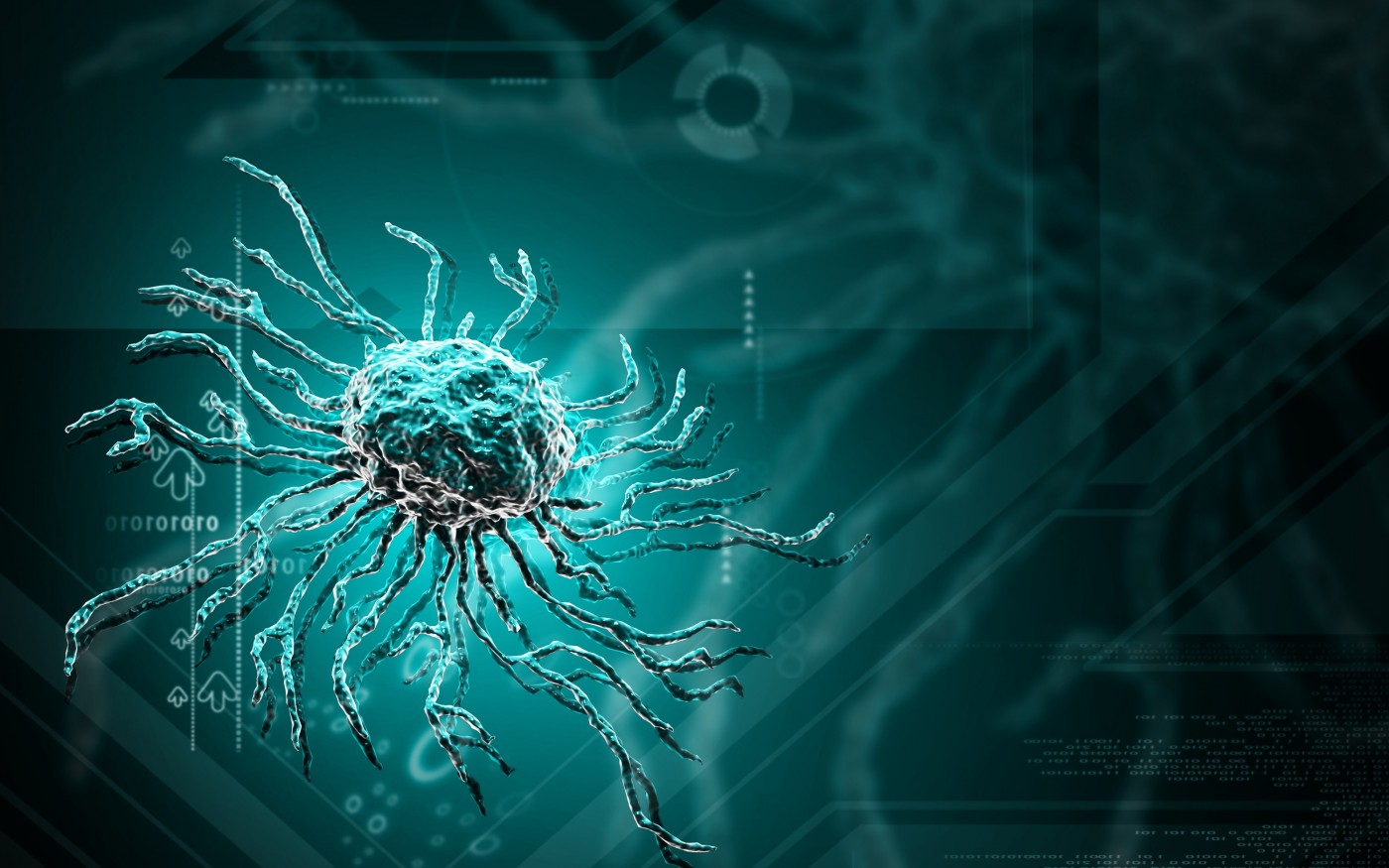Promising Phase 1 Trial Results of Stem Cell Therapy in Progressive MS Patients Being Presented at AAN Meeting
Written by |

Potentially groundbreaking research by the Tisch Multiple Sclerosis Research Center of New York (MSRCNY) will be presented on April 19 at the 68th American Academy of Neurology (AAN) Annual Meeting taking place in Vancouver, Canada. Dr. Saud A. Sadiq, director and chief research scientist at the Tisch center, will present results of a Phase 1 clinical trial of a stem cell therapy that showed promise in people with the progressive form of multiple sclerosis (MS).
Dr. Sadiq’s presentation, “Multiple Intrathecal Dosing of Neural Progenitors Administered to Progressive MS Patients with Disability Is Safe and Improves Disability Scores,” will reveal data from a novel stem cell treatment, which proved to be safe and well-tolerated in 13 of the 20 enrolled patients with progressive MS who completed the study. Importantly, serious adverse events were not observed. Minor adverse events included transient headache and/or fever, observed in 65 percent of the enrolled patients.
The treatment protocol, involving administration of autologous mesenchymal stem cell-derived neural progenitors (MSC-NPs), is an innovative technique that allows the delivery of brain-like neural cells within 30 minutes of harvesting. MSC-NPs are bone marrow-derived cells that have regeneration potential, and have been shown in preclinical studies in mouse models of MS to be able to improve neurological function and suppress inflammatory responses.
Researchers assessed this treatment in human subjects, and found that a subset of the patients enrolled experienced neurological improvements, including improvements in the Expanded Disability Status Scale (EDSS) and bladder function.
“Repair and regeneration is possible. We have a patient who no longer needs her cane, one who has transitioned from a motorized scooter to taking steps with a walker and another who has discontinued their bladder medication as those symptoms have dramatically improved. This is the first treatment that improves established disability in patients with progressive MS and shows us there is hope that a future treatment is possible,” said Dr. Sadiq in a Tisch MSRCNY news release.
Due to such promising results, the U.S. Food and Drug Administration (FDA) has advised the Tisch center to proceed to a Phase 2 study. Dr. Sadiq’s session on the Phase 1 trial, the first to test intrathecal (IT) administration of neural progenitors as a regenerative MS therapy, is titled “Remyelination and Repair in Multiple Sclerosis (MS) Data Blitz Presentations.”


